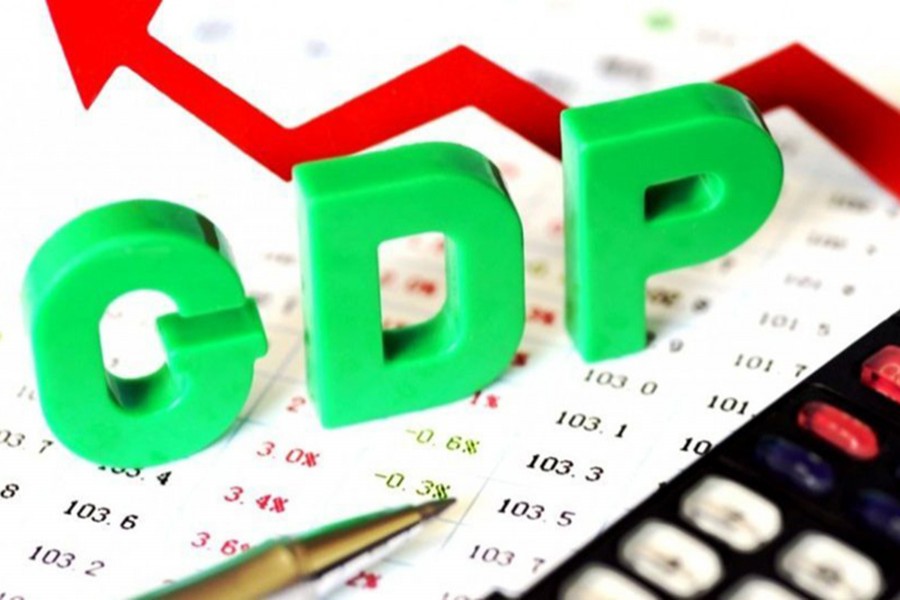Mario Pzzini, a global scholar, has said the GDP (gross domestic product)-related indicators do not adequately reflect people's living standards, although (increasing) it is in the core action policy of many governments.
Instead, multidimensional frameworks, such as - well-being indicators, draw a better picture of people's needs, and can be tools for policymakers to design and implement various reforms, said director of the OECD (Organisation for Economic Co-operation and Development) Development Centre.
"A multidimensional framework based on the societal progress can shed light on people's needs and demands, giving the governments an option to better understand their concerns."
He said these while delivering lecture on 'new perspective on global development: national and international ways forward' at the CPD's (Centre for Policy Dialogue) anniversary lecture 2019 at a city hotel on Tuesday.
As countries move up across the income ladder, certain new development traps appear, which act as barriers to further inclusive and sustainable development, he noted.
Overcoming these traps requires strengthening national development strategies that not only capture the country's main needs but also build a sustainable pathway for future, according to him.
Mr Pezzini, also special adviser to the OECD secretary-general on development, noted that higher growth rate has created a series of expectations among people in many economies.
These people see that the increasing growth is not only failing to improve their lives, but on the contrary, they are also remaining increasingly vulnerable against the governments that are on many occasions perceived as capable of not providing the right responses, he said giving examples of several countries.
"So, higher growth also triggers social tensions. The usual policy remedies do not seem to work anymore. Global responses and national reforms must be built on solid evidence of current economic and social realities."
Relying on international cooperation in addressing the complex forms of global and domestic challenges is no longer an option but a requirement, opined the OECD development centre director.
"Today's reality is not the same as 60 years ago and old approaches to development cooperation need to be urgently revisited. A sustainable development model and cooperation among all countries on equal footings are the solutions," he added.
Former finance minister and member of the CPD board of trustees M Syeduzzaman, its Distinguished Fellow Dr Mustafizur Rahman and Executive Director Dr Fahmida Khatun also spoke.


